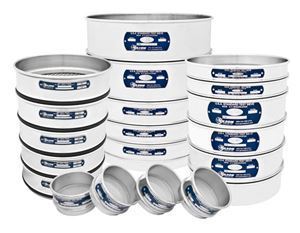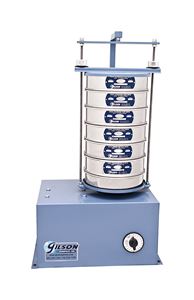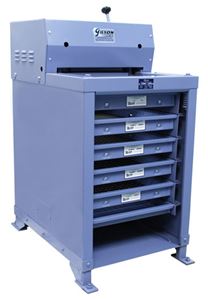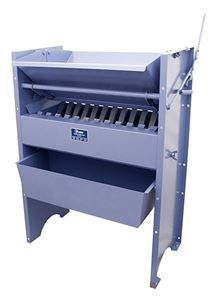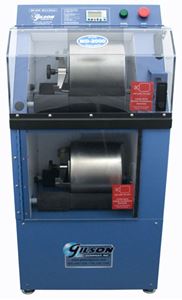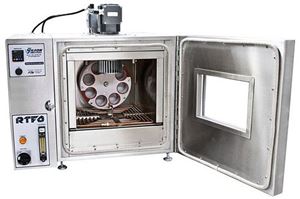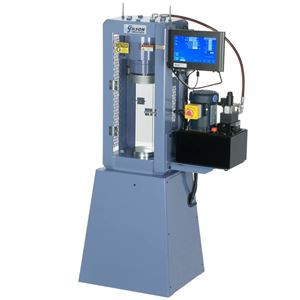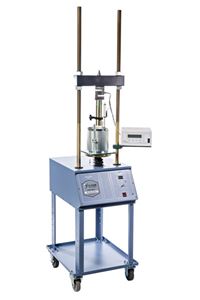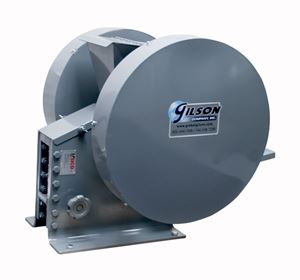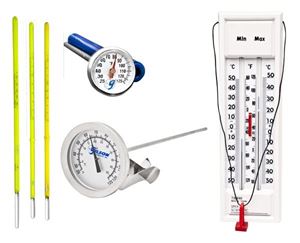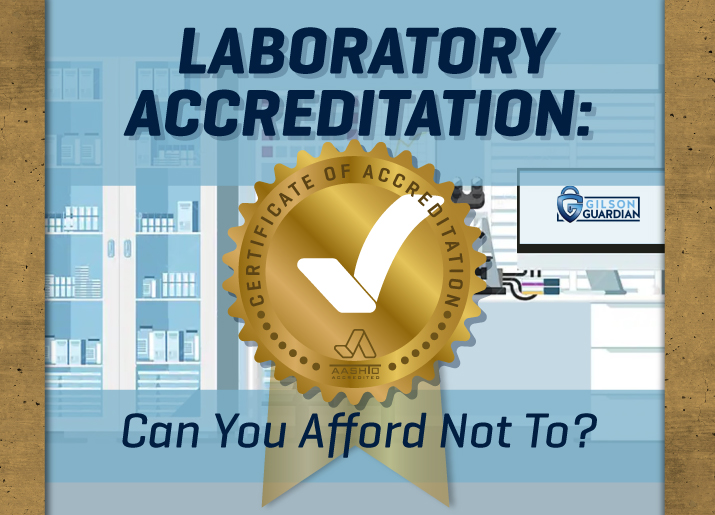 Should your lab be accredited? Accreditation builds up your lab's reputation by ensuring accountability and quality control. Learn about accreditation standards and agencies to see which option best suits your lab.
Should your lab be accredited? Accreditation builds up your lab's reputation by ensuring accountability and quality control. Learn about accreditation standards and agencies to see which option best suits your lab.
- Log in
- Favorites List
-
Shopping Cart
You have no items in your shopping cart.
Gilson Insights
Have questions about your materials testing equipment? We have the answers to these questions and much more right here! Check back monthly for long-form blog posts, how-to guides and infographics. We’ll address industry insights, the operation and maintenance of specific equipment, and our product line recommendations, all designed to better serve you.
Bookmark this page, add it to your RSS reader, or subscribe to our newsletter, so you never miss a hot topic.
 Should your lab be accredited? Accreditation builds up your lab's reputation by ensuring accountability and quality control. Learn about accreditation standards and agencies to see which option best suits your lab.
Should your lab be accredited? Accreditation builds up your lab's reputation by ensuring accountability and quality control. Learn about accreditation standards and agencies to see which option best suits your lab.
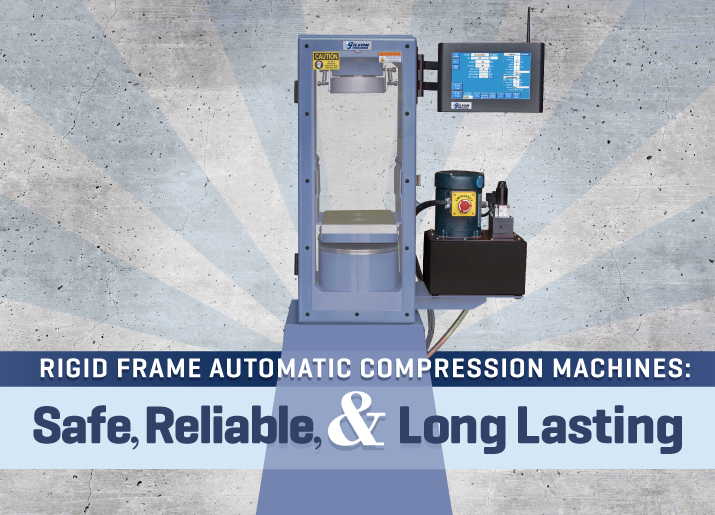 Concrete compressive strength has steadily evolved over the last century. Read about how Rigid Frame Concrete Compression Machines can withstand today's high-performance concrete mix designs.
Concrete compressive strength has steadily evolved over the last century. Read about how Rigid Frame Concrete Compression Machines can withstand today's high-performance concrete mix designs.
 Through the Federal Highway Administration Mobile Concrete Technology Center, concrete testing, equipment, and educational opportunities are delivered nationwide. Learn more about this mobile concrete lab and its initiatives in our latest blog.
Through the Federal Highway Administration Mobile Concrete Technology Center, concrete testing, equipment, and educational opportunities are delivered nationwide. Learn more about this mobile concrete lab and its initiatives in our latest blog.
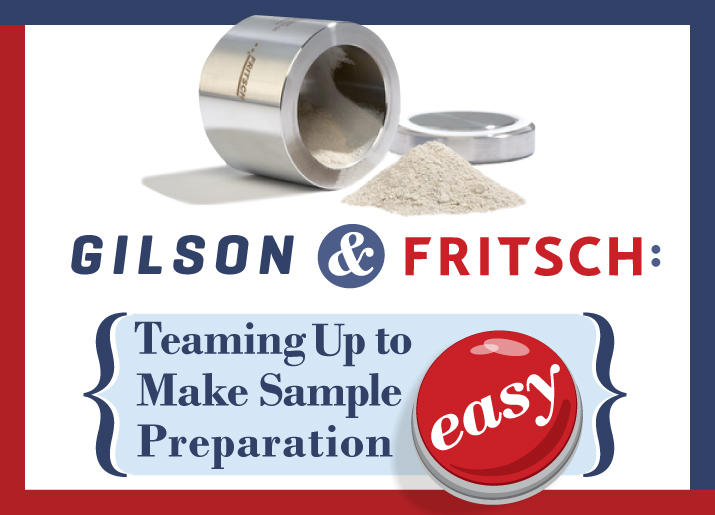 Gilson proudly offers a variety of Fritsch laboratory equipment for particle size reduction. Read this blog to learn about the Fritsch products available and how to choose the right instrument for your sample preparation needs.
Gilson proudly offers a variety of Fritsch laboratory equipment for particle size reduction. Read this blog to learn about the Fritsch products available and how to choose the right instrument for your sample preparation needs.
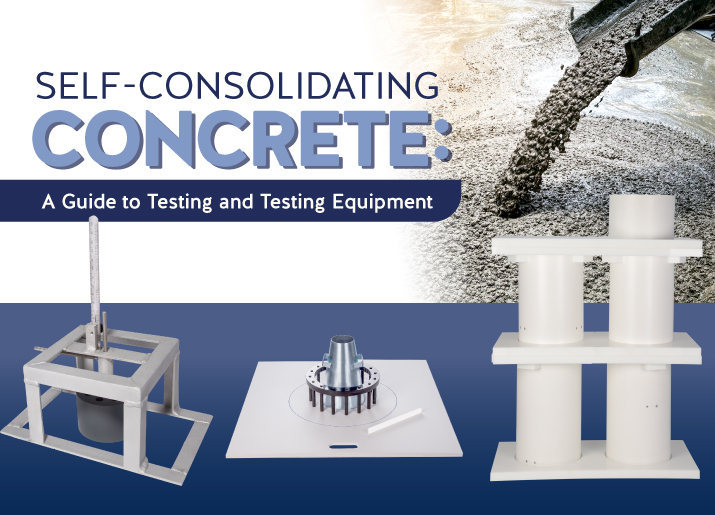 Self-consolidating concrete (SCC) is fresh concrete that does not require vibration in order to consolidate. In this blog, we discuss the tests commonly performed on SCC and the type of equipment used.
Self-consolidating concrete (SCC) is fresh concrete that does not require vibration in order to consolidate. In this blog, we discuss the tests commonly performed on SCC and the type of equipment used.
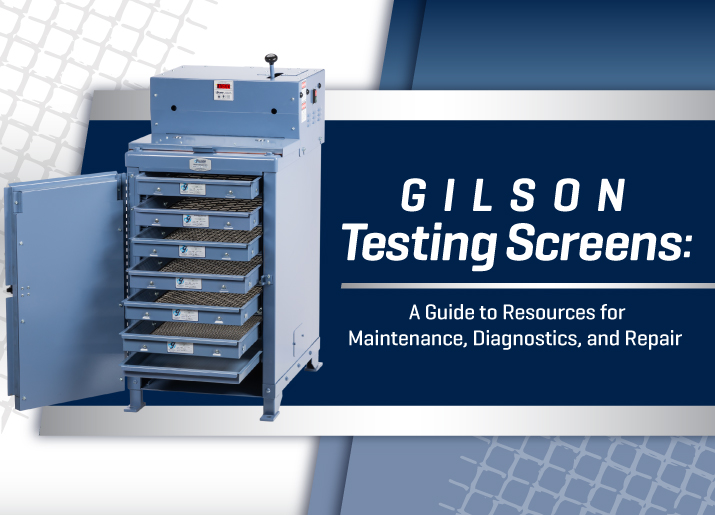
Performing regular maintenance on your Gilson Testing Screen will ensure its longevity and optimum performance. In our latest blog, we share maintenance and repair tips to maximize the service life of your device.

Internally Cured Concrete (ICC) effectively ensures that cementious materials have appropriate access to moisture to enhance concrete durability. Learn more about this technique and its importance for construction materials testing labs.
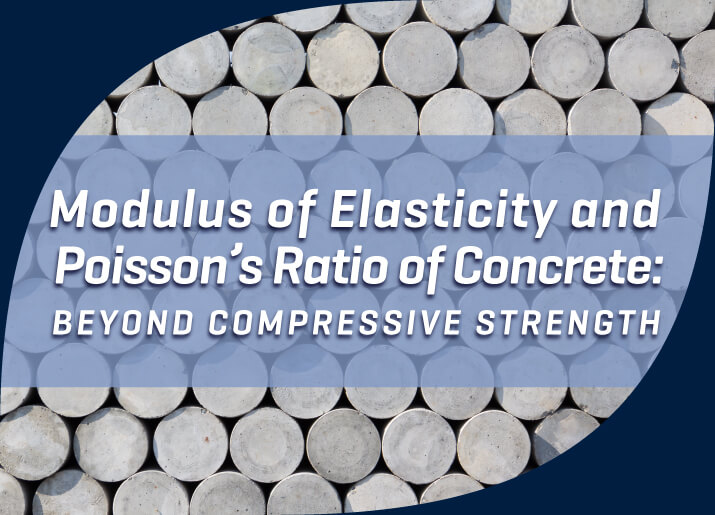
Modulus of Elasticity (MOE) and Poisson's Ratio are concrete compressive strength tests that can be performed using an Automatic Concrete Compression Machine. Learn how these tests are performed in our latest blog.
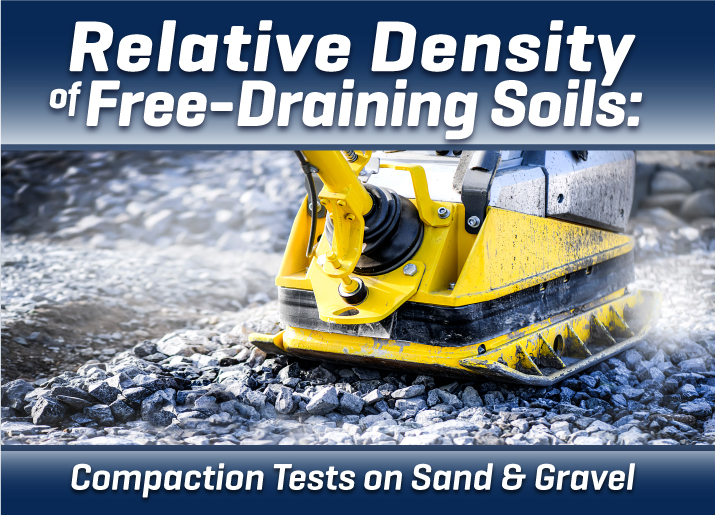
Field density tests determine the degree of soil compaction, which is used to estimate strength and stability. Read our blog to learn about soil characteristics and how relative density of soil is calculated.

Gilson Guardian makes it possible to track concrete specimens from curing through completion. Learn how one program can enhance your lab's concrete testing programs.
- 2026
- 2025
- 2024
- 2023
- 2022
- 2021
- 2020
- 2019
- 2018
- 2017
- 2016
- 2015

